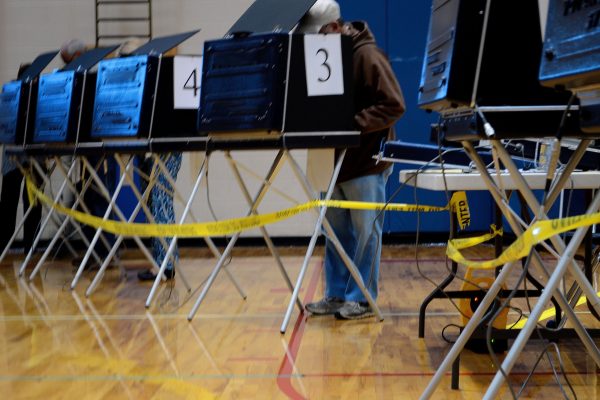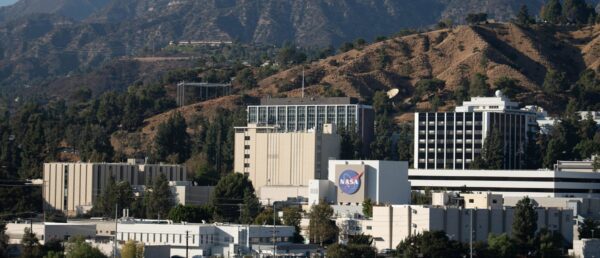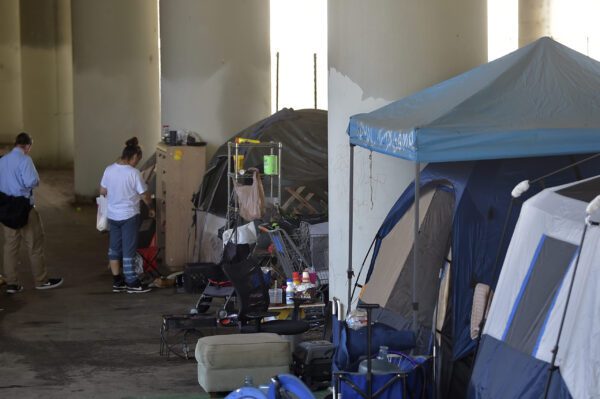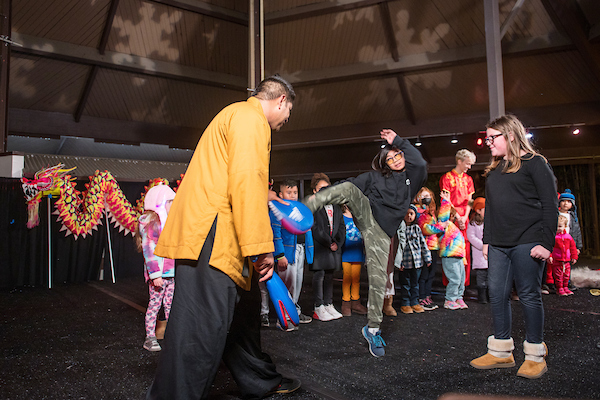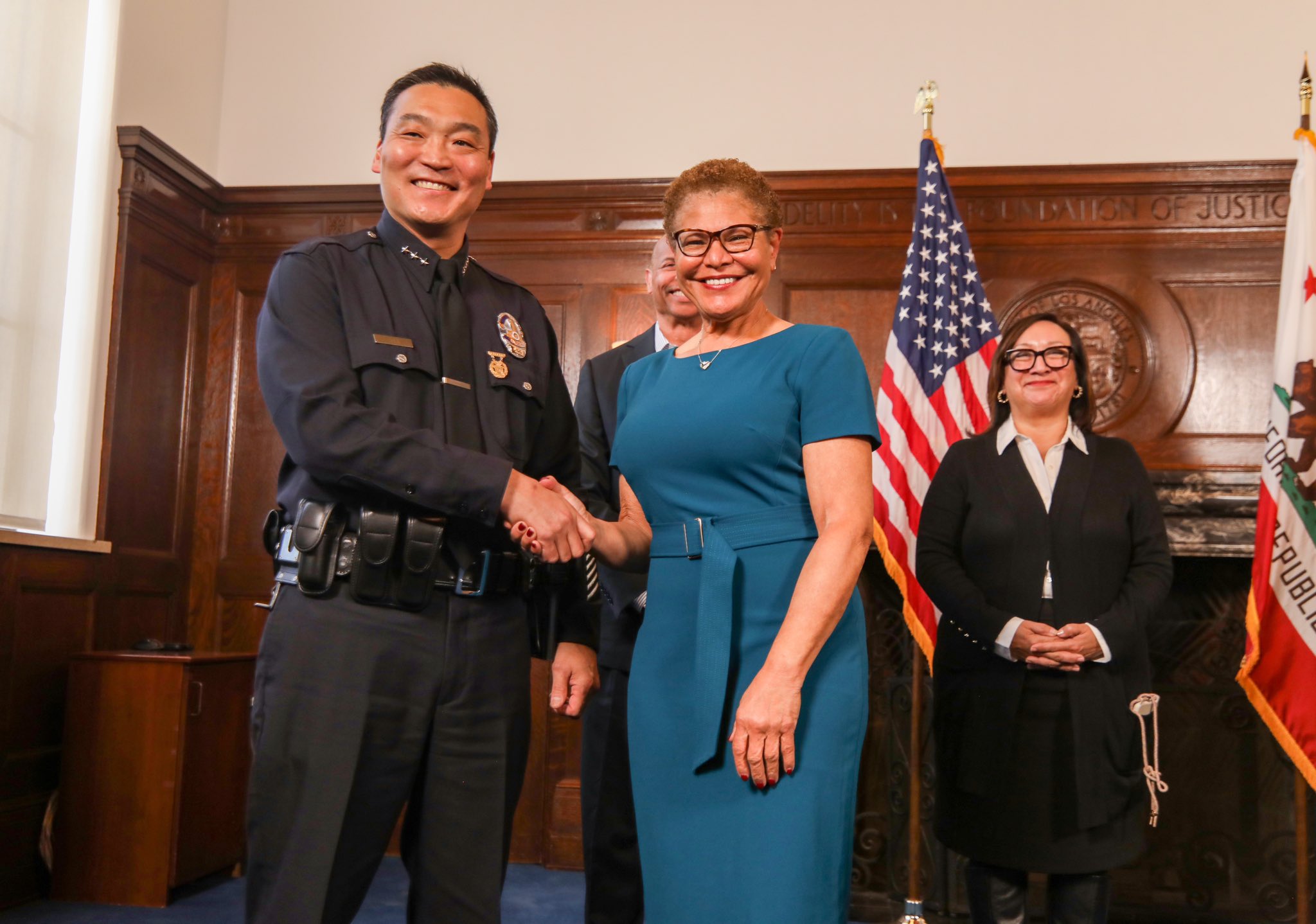Faced with public doubts about its effectiveness, the Board of Supervisors Tuesday abandoned a proposal that would have directed the Riverside County office of the registrar of voters to increase the manual tally of ballots after the polls close.
“The intent of this was to restore trust in our elections. It wasn’t proposed as an all-encompassing fix for other concerns and complaints,” Supervisor Kevin Jeffries said. “I’m OK with withdrawing this. It’s a shame. We all need to have residents and voters trusting our election system. But if we can only fix things by doing 100% of everything in one fell swoop, we’re never going to get there.”
Jeffries, joined by Supervisor Karen Spiegel, submitted the proposal requesting the board’s support for a 2% manual tally of ballots — instead of conducting the state-minimum 1% — to “strengthen public trust.”
California law mandates that ballots from 1% of precincts that are randomly selected by counties’ election officials be vetted after the results have been tabulated but not yet certified. The verification process is to identify potential discrepancies, technical failures and fraud.
Doubling the tally after the March 5 primary would have cost the county an additional $360,000 more than what was budgeted in the 2023-24 fiscal year, according to the supervisors.
Election integrity activists addressed the subject prior to the board debating it, and they signaled that it was an empty proposal without more imperative issues being addressed first.
“I’m glad you’re putting some attention on our corrupt election system,” Shelby Bunch with the nonprofit New California State told the board. “But you’re not offering citizens anything on the security of our votes. The 2% tally will not remedy bad votes. You’ll just be counting the same bad ballots. It’s futile if you cannot identify which ballots were (legitimately) cast by state voters.”
Bunch and a half-dozen other speakers zeroed in on volunteer investigations initiated following the June 2022 primary election, during which “13,469 more in-person votes posted than there were voters who showed up,” she said.
Sharon Neal said the number was derived after volunteers compared the number of ballots listed on logs from vote centers, where residents cast ballots in person, to the ballots actually processed after they were transported to the registrar’s headquarters in Riverside.
“The ballot statements showed 13,469 additional votes from tabulation vote centers,” another speaker, Yvette Anthony, told the board. “A 2% manual tally is not going to solve this.”
The civic activists said they had sought to dig deeper to confirm whether their concerns were valid, but Registrar of Voters Art Tinoco and the Executive Office had declined to grant them access to “audit logs,” citing privacy concerns, even though the logs contain no personal identifying information.
“There are quite a few accusations that we need to verify one way or another whether these things are true,” Spiegel told the speakers and her fellow supervisors. “It’s well spelled out. I have lots of documents to go over. I’m concerned about the discrepancies. We need to go over these so we can figure out how to address all of this.”
She sided with Jeffries in his decision not to submit a motion seeking a vote on the proposed increase in the manual tally. They also backed away from a related proposal for a pilot project to conduct “risk-limiting audits,” which provide another layer of scrutiny in tight election contests.
“This process provides for elections officials to manually tally randomly selected ballots … stopping as soon as it is implausible that a full recount would show a different result than the ballots reviewed,” Jeffries and Spiegel wrote.
Spiegel said she intended to make it a priority for she and Supervisor Manuel Perez to probe further into the activists’ claims when they convene their next Ad-Hoc Election Integrity Committee meeting this spring.

